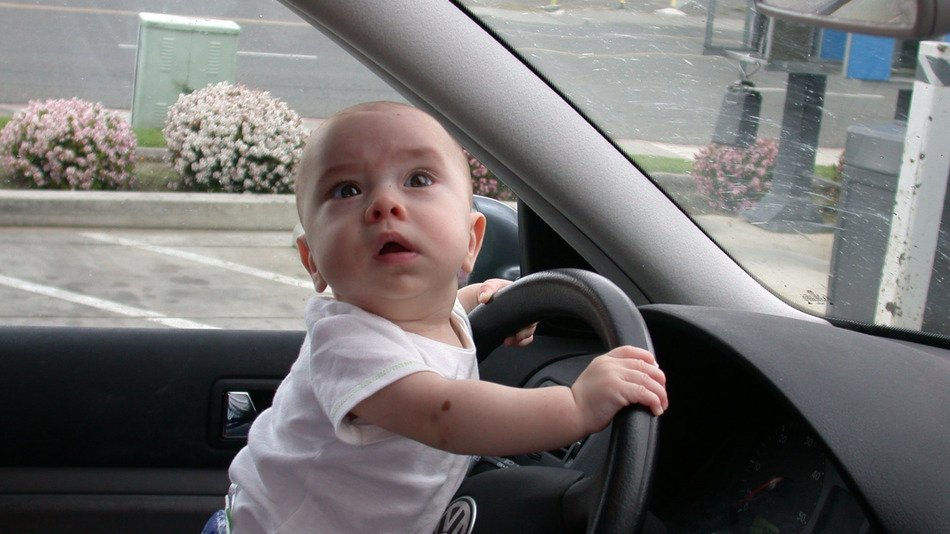Woodland Hills personal injury attorney Barry P. Goldberg has raised two teen drivers, lives near Calabasas High School and can confirm that the Summer is the worst time of year for teen accidents. In fact, according to a recent AAA Traffic Study between Memorial Day and Labor Day and average 10 people die every single day as a result of teen driver crashes!
The Summer teen driving time is also known as the “100 deadliest Days for Teen Drivers.” It is significant, if not downright obvious, that abou60% of all teen crashes involve driver distraction. Although the AAA study claimed that 12% of those crashes involved teens distracted by texting, or cell phone use, most agree that the percentage is very much higher.
The AAA study categorized 10% of the teen distraction as “attending to something else inside the vehicle.” Best guess is that “something else” included using the stereo or eating in the car. An additional 15% of distracted accidents involved teens “talking” or “interacting” with other passengers in the vehicle. Again, this is not surprising as teens gather during the summer and interact in the car. Think about it—teens tend to look at each other when talking, teen boys hit each other, teen girls check out make up, etc. Experienced drivers tend to eliminate or mitigate this type of communication while driving.
The Auto Club recommends that parents actually sit down with their teens and talk about the 100 deadliest days and work on agreeable strategies to avoid distraction. While not part of this study, many researchers agree that regular parental communication about driving reduces teen car crash risks.
Barry P. Goldberg personally advocates an agreement for a teen not to text and drive. Further, a device should be simply stowed in a center console and turned off. If at all possible, teens should use the existing car sound system rather than streaming services such as Spotify or Pandora. That way, there is less temptation to look at the device, type or search.
In addition, parents should “bite the bullet” and be a passenger every once in a while to reinforce safe driving awareness and techniques. Moreover, a parent needs to talk with neighbors to see if they noticed any dangerous driving behaviors of their teens. If anything is identified, talk to your teen will help—-even if it just reminds them that someone might be observing them.
The Auto Club provides excellent additional resources for parents, including a teen driving school course. Also, parents can look online at www.AAA.com/teens for more helpful materials.








